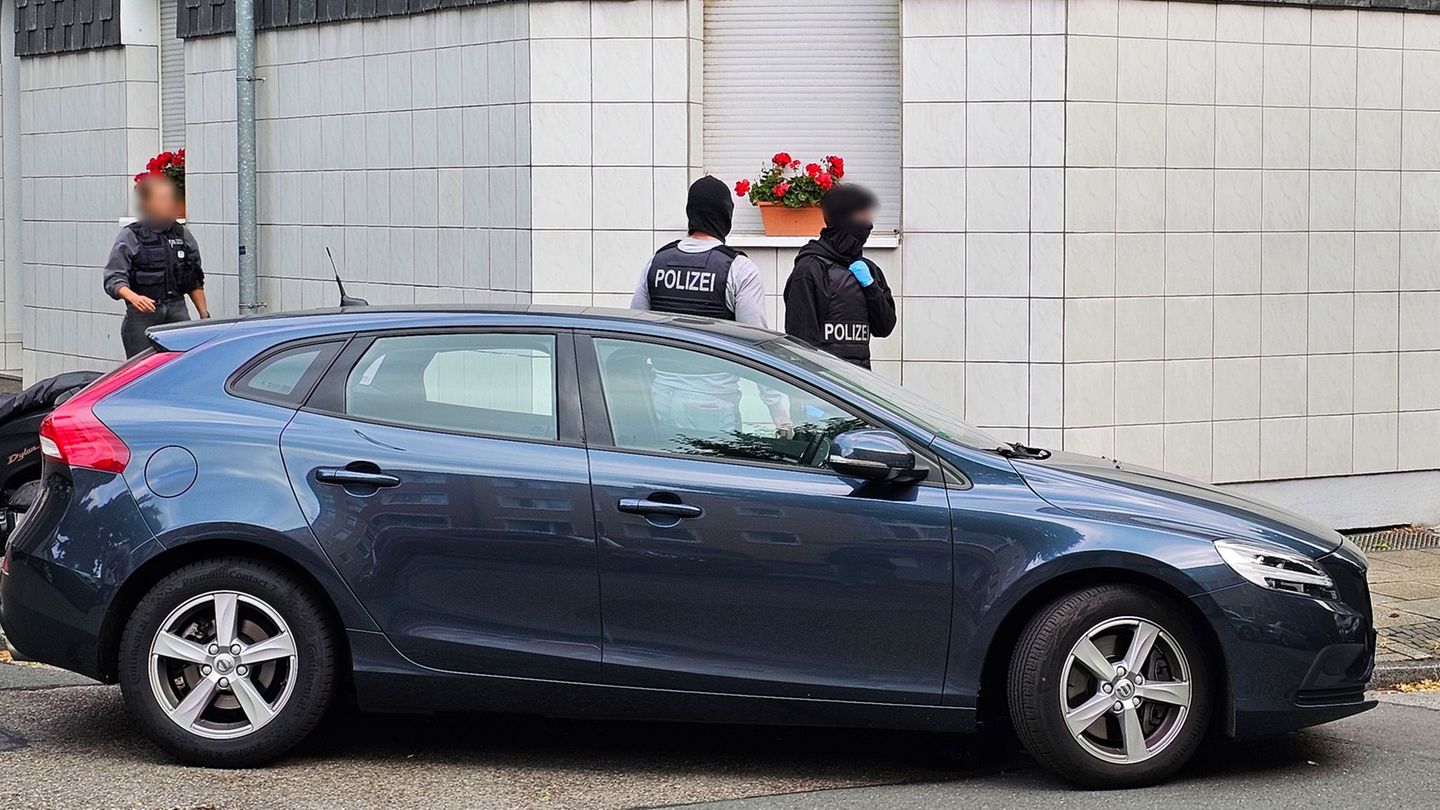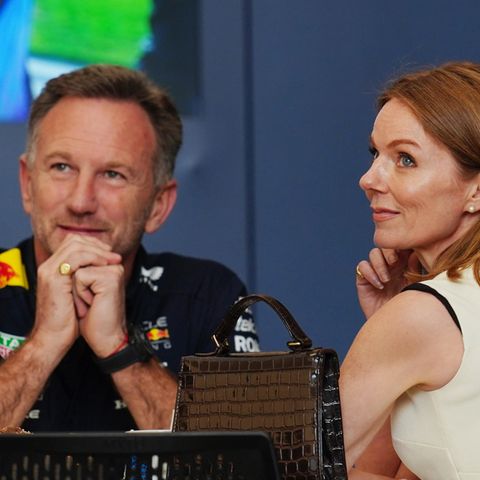(By special envoy) The president of Brazil, Luiz Inácio Lula da Silva, denounced today that “global governance continues to be asymmetric” and urged the countries of the Global South gathered at the G77+China summit in Cuba to “act together” , especially on climate issues, development and science and technology.
The president, who arrived on the island yesterday, opened the second and last day of activities of the meeting of the group that represents 134 States and is considered the largest intergovernmental organization within the UN.
“It is especially significant that, at this time of great geopolitical transformations, this summit is being held here, in Havana. Cuba has been a defender of a fairer world governance and until today it is a victim of an illegal economic embargo,” Lula said in relation to the blockade imposed by the United States.
The president highlighted the “breadth and diversity” of the G77 and stressed that since its creation, some 60 years ago, it was “decisive in exposing the anomalies of world trade and advocating for the construction of a New International Economic Order.”
“Unfortunately, many of our demands have never been met,” he lamented, stating that “global governance remains asymmetrical.”
“The UN, the Bretton Woods system and the World Trade Organization are losing credibility,” criticized the leader of the Workers’ Party (PT).
Speaking at the Convention Palace in the Cuban capital, Lula celebrated the motto chosen for this summit: “The current challenges of development: role of science, technology and innovation.”
“In recent years we have seen an increase in the proportion of global GDP invested in research and development. But this increase has not been uniform: Latin America and the Caribbean and sub-Saharan Africa have gone against this trend,” he noted.
In this framework, he said that both the digital revolution and the energy transition are “two great transformations” that “cannot be modeled by a handful of rich economies, re-editing the relationship of dependency between center and periphery.”
“The declaration that we adopted provides for a broad agenda of scientific cooperation and values the knowledge of Amazonian communities and institutions,” he said when speaking about the text that will make the summit official today at its close and that will dedicate a few paragraphs to climate change.
“We do not have the same historical debt for global warming as rich countries,” he indicated, demanding a greater commitment from industrialized nations, which are the ones that produce the most polluting gases.
“The principle of common but differentiated responsibilities remains valid. That is why climate finance must be guaranteed to all developing countries, based on their needs and priorities,” he stated.
The president also expressed that since he returned to office, after the management of his predecessor Jair Bolsonaro, Brazil’s leadership role in the world has been “restored,” with a foreign policy that gives special value “to scientific and technological cooperation.” among developing countries.
“We will give new impetus to regional programs and projects through Celac, Brics and the Community of Portuguese Language Countries (CPLP),” he said.
He also anticipated that during the next Brazilian presidency of the G20, he will propose to the bloc the creation of a Working Group on Science, Technology and Innovation to “enhance the interests of developing countries in this field.”
“Southern countries are fully capable of being at the forefront of science, technology and innovation. To do this, we have to act together again, as we did in the past,” she concluded.
Source: Ambito




